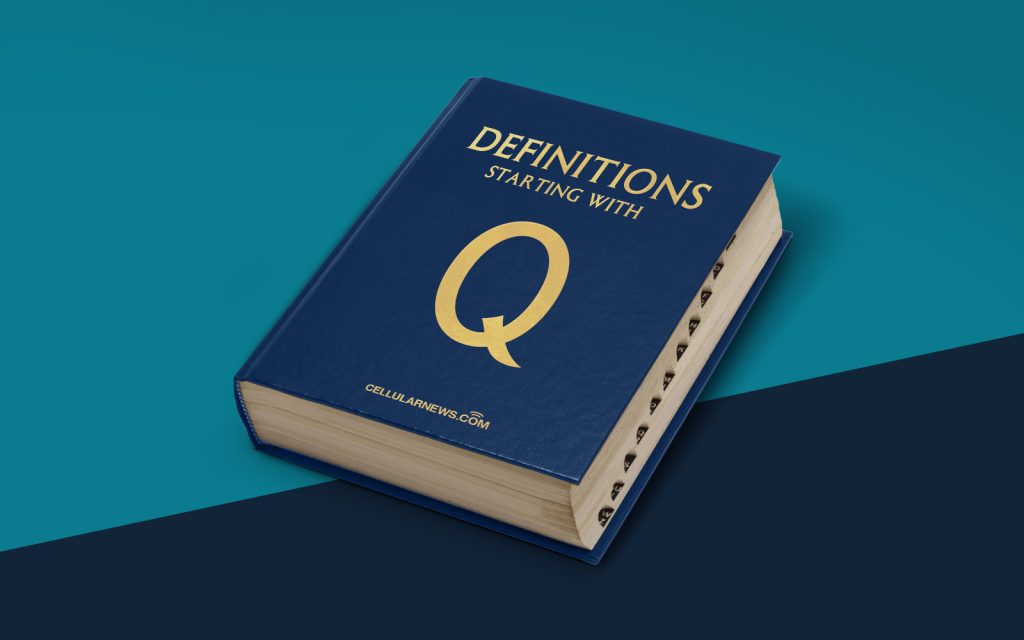
Unlocking the Secrets of Quantum Computing
Welcome to the “DEFINITIONS” category on our page, where we unravel complex concepts and make them easy to understand. Today, we are diving into the fascinating world of Quantum Computing. Have you ever wondered what quantum computing is all about and how it works? Well, you’ve come to the right place!
Key Takeaways:
- Quantum computing harnesses the principles of quantum mechanics to perform powerful computational operations.
- Unlike classical computers that use bits, quantum computers use quantum bits or qubits that can exist in multiple states simultaneously, opening up new possibilities for complex calculations.
So, let’s embark on this quantum journey and demystify the concept for you!
Understanding Quantum Computing
Imagine a computer that operates not only with ones and zeros but also with all possible combinations of ones and zeros simultaneously. That is the power of quantum computing. While classical computers use bits as the basic unit of information, quantum computers leverage qubits, which can exist in a superposition of states.
But what exactly is a qubit? Think of it as the fundamental building block of quantum computing. Unlike a classical bit, which can represent either a zero or a one, a qubit can represent both at the same time thanks to the principles of quantum mechanics. This property allows qubits to perform multiple calculations in parallel, making quantum computers incredibly fast for certain types of tasks.
Now, you may be wondering, how does a qubit maintain its state and avoid collapsing into a definite value? This is achieved through a process called quantum entanglement. Entanglement is a phenomenon where the properties of multiple particles become linked and dependent on each other. By manipulating and measuring entangled qubits, quantum computers can carry out complex computations with remarkable efficiency.
The Power and Potential of Quantum Computing
Quantum computing has the potential to revolutionize various industries and fields of study. Here are a couple of key areas where quantum computers can excel:
- Cryptography: Quantum computers have the ability to break cryptographic codes much faster than classical computers. With their immense computing power, they could render many current encryption methods obsolete, leading to the need for new, quantum-resistant encryption algorithms.
- Drug Discovery: Quantum computers can simulate molecular interactions at an unprecedented level of detail. This capability could significantly accelerate drug discovery processes, potentially leading to the development of new medications and treatments that were previously beyond our reach.
Despite their immense potential, quantum computers are still in their infancy. Building and maintaining stable qubits is an ongoing challenge, and we’re yet to harness their power fully. However, the research and development efforts in the field of quantum computing are advancing rapidly, and exciting breakthroughs are on the horizon.
Conclusion
In summary, quantum computing is a revolutionary approach to computation that leverages the principles of quantum mechanics. By using qubits, which can exist in multiple states simultaneously, quantum computers have the potential to outperform classical computers in specific computational tasks.
While we’re still exploring the full capabilities of quantum computing, its applications in cryptography, drug discovery, and various other fields hold tremendous promise. As we continue to unravel the mysteries of the quantum world, we eagerly anticipate the day when quantum computers will be able to tackle some of humanity’s most complex challenges.
